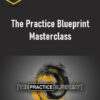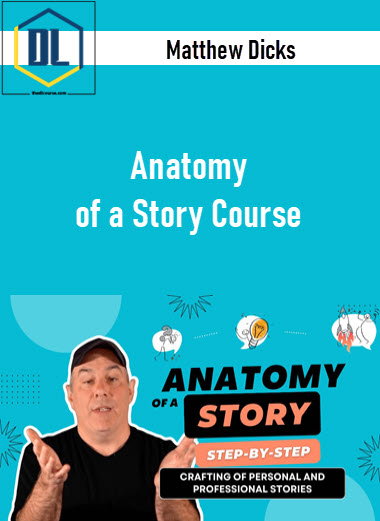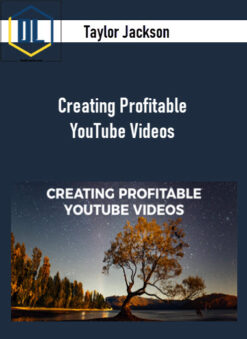Matthew Dicks – Anatomy of a Story Course
$397.00 Original price was: $397.00.$46.00Current price is: $46.00.
Delivery: Instant Delivery
Matthew Dicks – Anatomy of a Story Course

Step-by-Step Crafting of Personal and Professional Stories
Putting together all of the pieces to help you craft your best stories in just one week.
Become a better storyteller so you can build stronger connections, make lasting impressions, and have a more significant impact in your personal and professional life.
People want to tell better stories, but they often don’t know how.
They see storytelling as a large, complex, intangible process that requires years of training and experience, powerful memories, sizable vocabularies, and the ability to write well.
None of this is true.
Storytelling is a craft that can be learned quickly and easily when taught properly; best of all, storytelling is not like math. There are no right answers. You need not get every step correct to tell a great story. Learning just a few strategies, or even just one, will instantly make you a better storyteller. The kind of person who will be heard and remembered.
Learn how to tell the right stories well and to experience the limitless benefits of great storytelling.
- Choosing the right story to tell
- Practical strategies to determine how to start and where to end your stories
- Earning and keeping your audience’s attention
- Determining what is important and what to avoid
- Injecting humor, and strategies for being funny even if you’re not
- And much more!
What You’ll Learn In Anatomy of a Story Course
- Part 1: Thesis Statement
Discovering a moment of change in your life. Not “stuff that happened over time” but a real moment of transformation or realization. - Part 2: Framing Your Story
Define how your story should start and finish. - Part 3: Scenes
Learn to plan and tell your story like a film director by creating a movie in the minds of your audience - Part 4: Hooking Your Audience with Three S’s
How to use the Three S’s to grab and hold your audience’s attention - Part 5: The Cutting Room Floor
A strategic method for deciding what goes into a story and what must be left behind - Part 6: Humor
How to incorporate humor in your story even if you’re not naturally funny - Part 7: Putting It All Together
How to finish off and tell the story in a way that people will remember for a long, long time.
About Matthew Dicks
Acclaimed for his storytelling on stages, the radio, and in novels and nonfiction, Matthew’s wonderfully straightforward and engaging strategies and techniques for constructing, telling, and polishing any story prove without a doubt that anyone can learn to be an appealing storyteller; that everyone has something storyworthy to express; and perhaps most importantly, that the act of creating and telling a story is a powerful way of understanding and enhancing one’s own life.

Related products
Business & Ecommerce
Instant Delivery
Instant Delivery
Total sold: 1
Instant Delivery
Tom Torero, Jon Matrix & Yad – Daygame.com: Date Against The Machine
Total sold: 8
Instant Delivery
Instant Delivery
Instant Delivery
Seduction & Love












